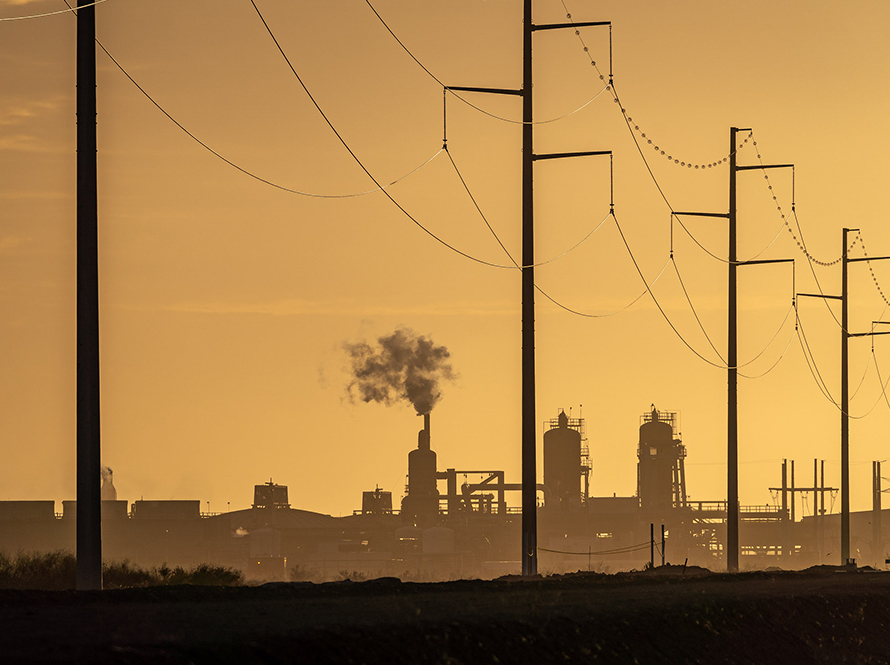
In the laboratory and field we test techniques for energy production and storage, focusing on critical minerals for clean energy, geothermal energy, and hydrogen storage.
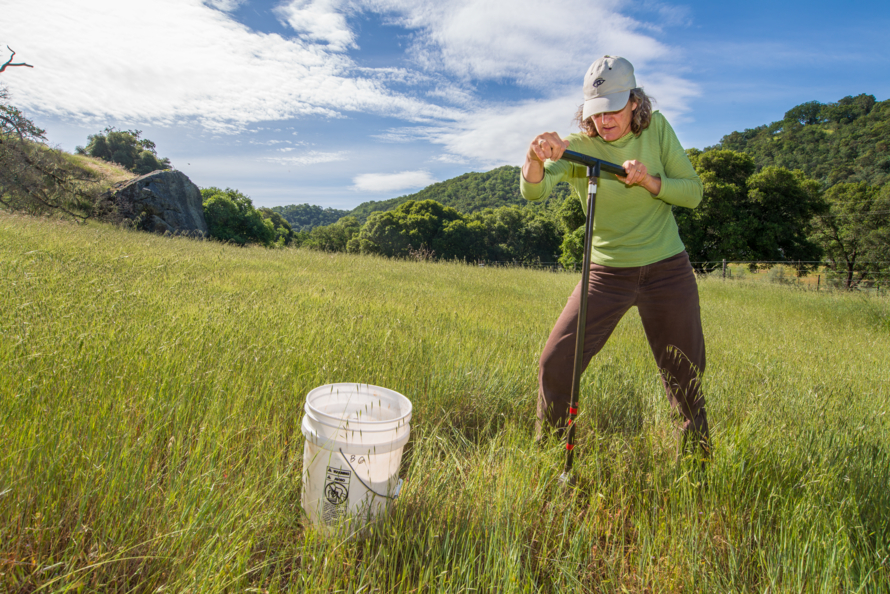
EESA’s holistic approach to forging a low-carbon future includes solutions involving carbon monitoring and storage; managing the land carbon sink; and measurement, reporting, and verification.

Our research explores the relationship between climate and the carbon cycle, and how climate change is affecting water, energy, and society.
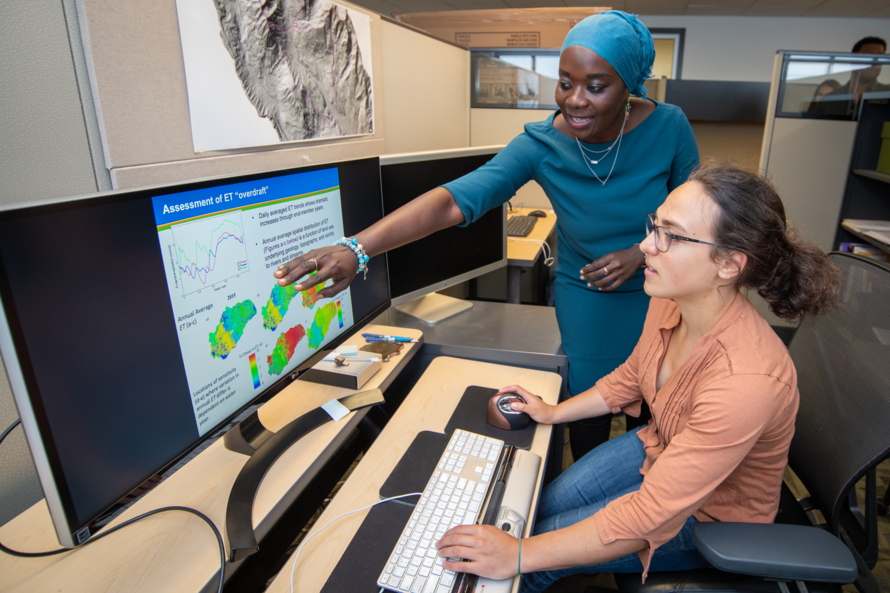
Scientists at EESA make use of machine learning, data sciences, informatics, and data management to advance state-of-the-art Earth science observations, modeling, and theory.
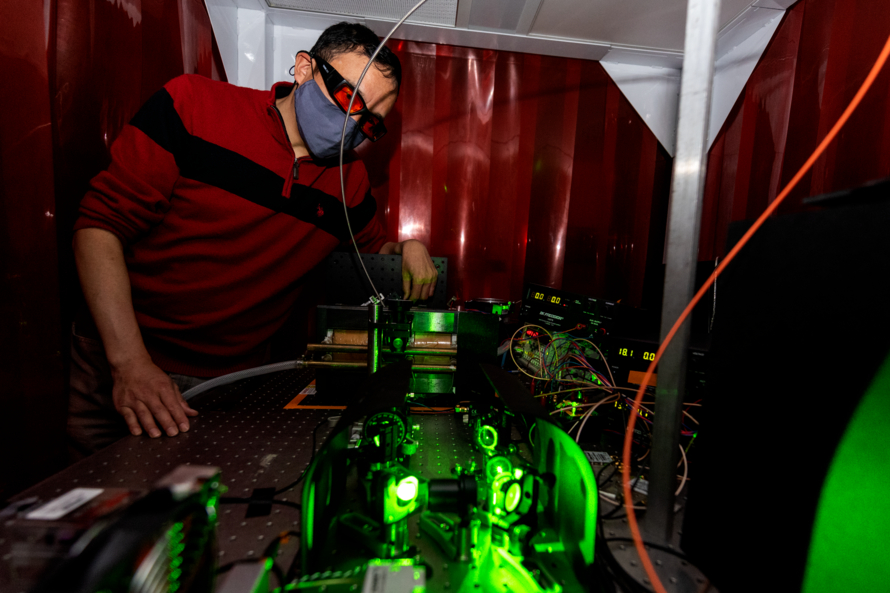
EESA explores fundamental scientific questions that underpin some of the most significant energy-related research of our time. We are engaged in basic energy science geosciences and discovery biology.
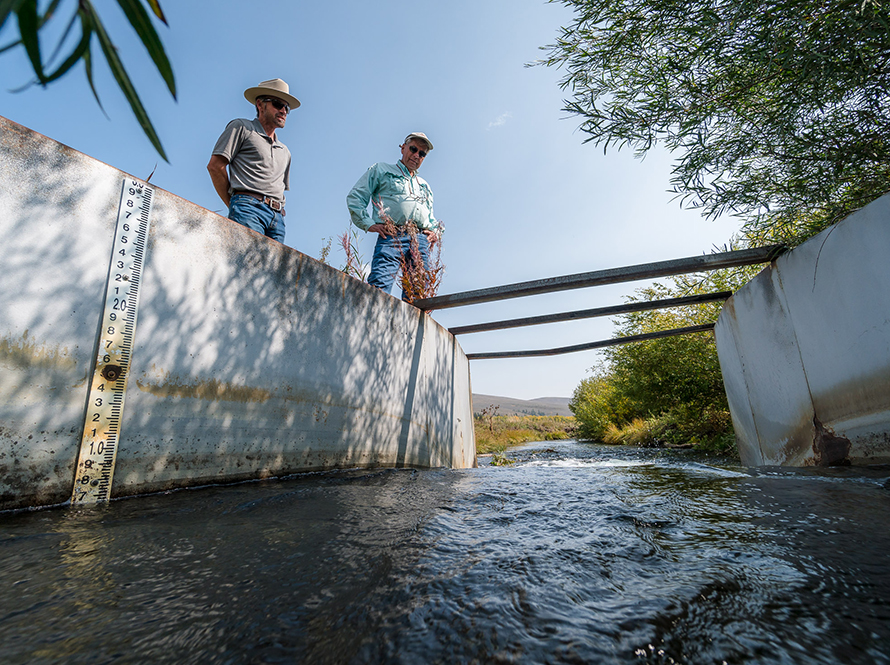
In the face of aging infrastructure and a barrage of extreme weather events, our experts work to develop solutions for managing natural hazards and designing resilient infrastructure.
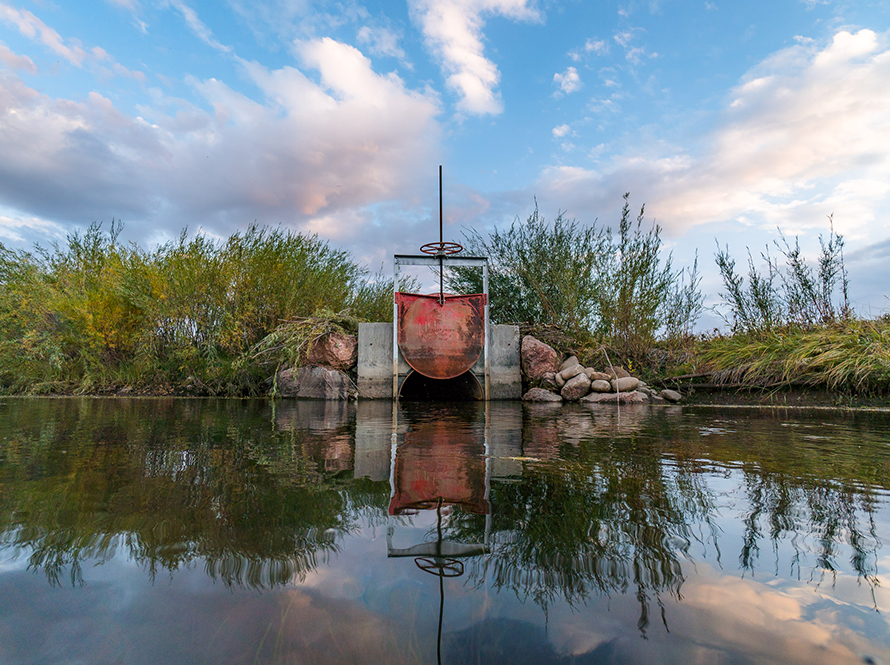
Our experts examine the impact of extreme hydroclimate on watershed functions; novel techniques for groundwater management; and new approaches for the treatment of unconventional water sources for reuse.
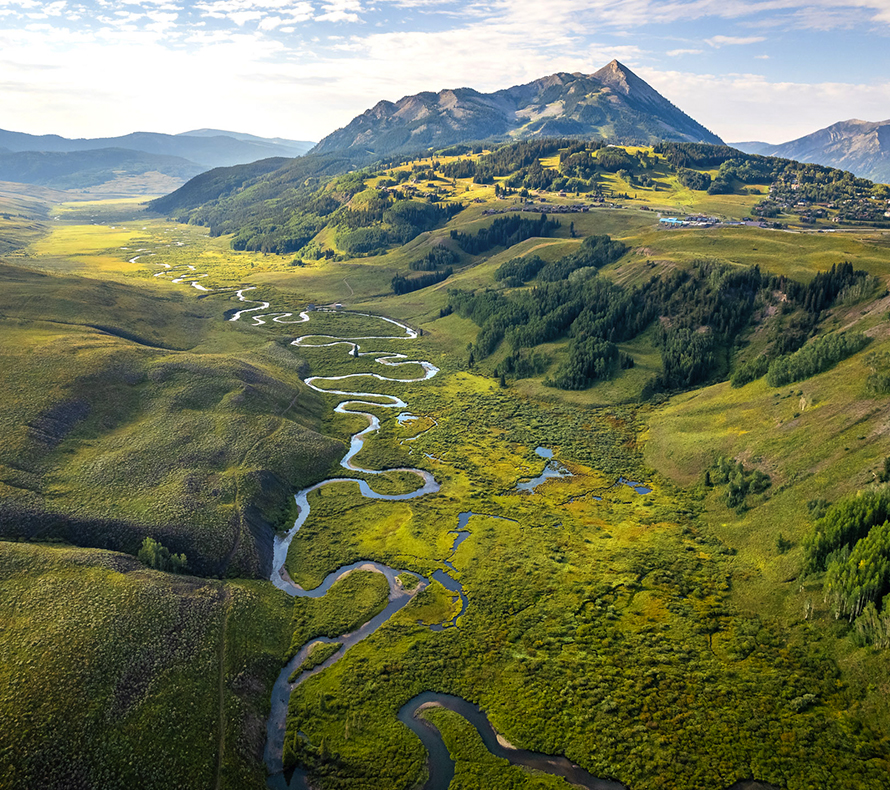
The Climate and Ecosystem Sciences Division focuses on enhancing understanding of the impacts of global climate change. Through extensive field research and innovative climate modeling the division aims to identify effective pathways to mitigate climate change and minimize its environmental and societal consequences.
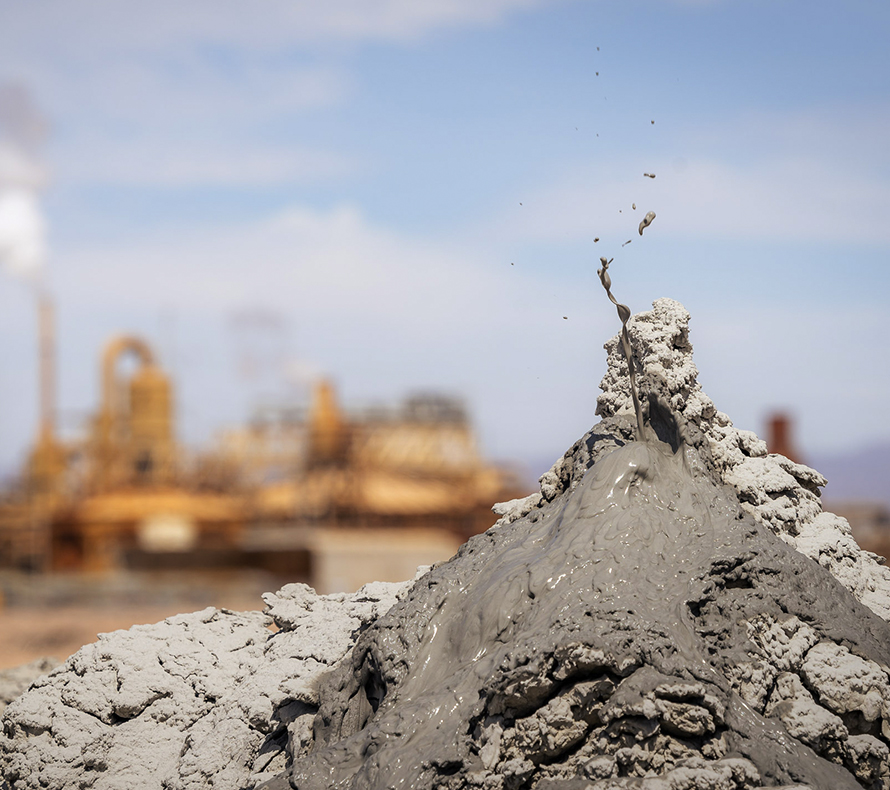
The Energy Geosciences Division focuses on advancing tools and capabilities to help support sustainable use of Earth’s energy resources, especially as it relates to energy infrastructure, carbon management, water resource management, and the societal and environmental impact of energy acquisition.


